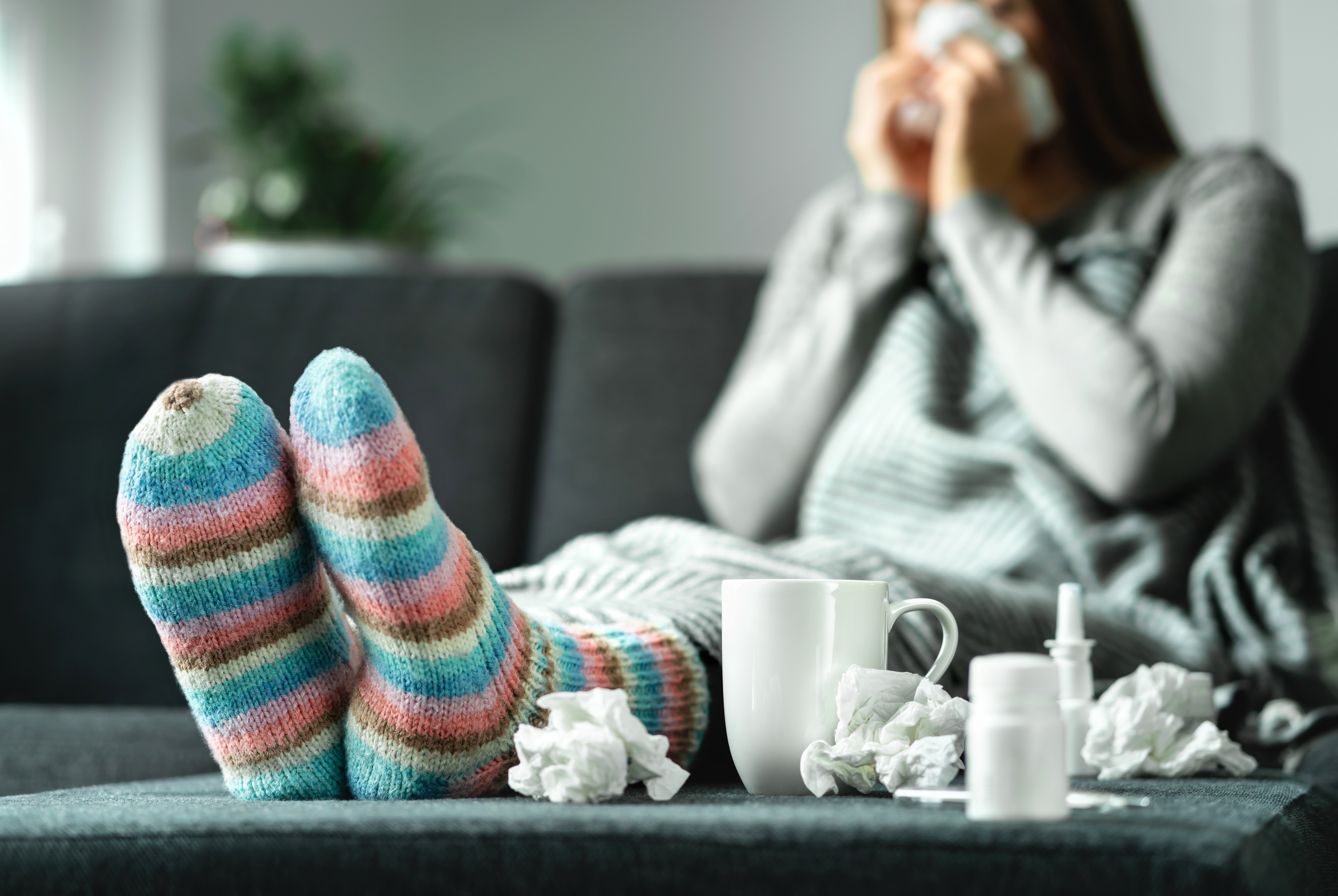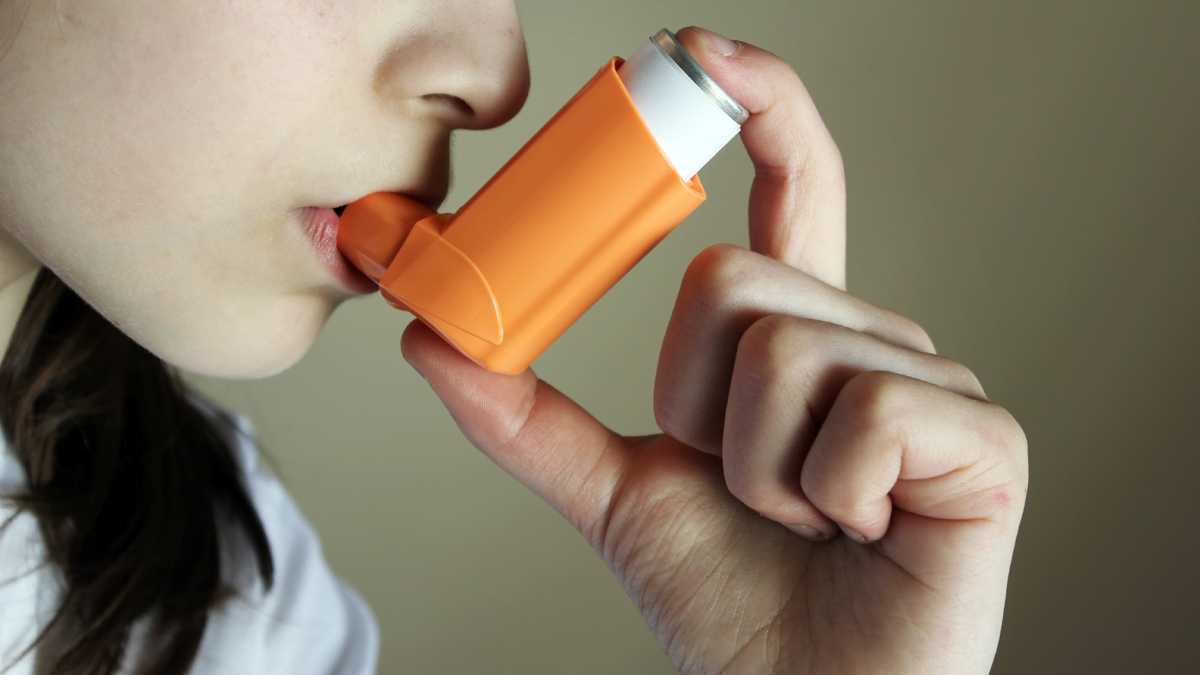A new series of COVID variants, nicknamed the “FLiRT” variants, are being tracked by U.S. health officials, according to the Centers for Disease Control and Prevention. NBC Chicago’s Lauren Petty reports.
As summer heats up, a new set of COVID variants is fueling an uptick in cases and emergency room visits across much of the country.
The series of COVID strains, nicknamed the "FLiRT" variants, are dominating across the U.S., according to data from the Centers for Disease Control and Prevention. The variants, identified as KP.1.1, KP.3 and KP.2, collectively make up more than 54% of COVID cases in the U.S. the CDC's most recent variant tracking data revealed.
As cases and hospitalizations climb, what should you do if you become infected? If you contracted COVID in past months or years, it's likely the guidelines are different from then -- because the CDC introduced significant changes earlier this year.
Here's what to know:
In March, the Centers for Disease Control and Prevention updated its COVID guidelines to mirror guidance for other respiratory infections. Those who contracted COVID-19 no longer need to stay away from others for five days, the CDC said, effectively nixing the five-day isolation recommendation.
People can return to work or regular activities if their symptoms are mild and improving and it's been a day since they've had a fever, but the CDC still recommends those with symptoms stay home.
"The recommendations suggest returning to normal activities when, for at least 24 hours, symptoms are improving overall, and if a fever was present, it has been gone without use of a fever-reducing medication," the guidance states.
Once activities are resumed, the CDC still recommends "additional prevention strategies" for an additional five days, including wearing a mask and keeping distance from others.
The agency is emphasizing that people should still try to prevent infections in the first place, by getting vaccinated, washing their hands, and taking steps to bring in more outdoor fresh air.
Feeling out of the loop? We'll catch you up on the Chicago news you need to know. Sign up for the weekly Chicago Catch-Up newsletter.
As part of the guidance, the CDC suggests:
- Staying up to date with vaccination to protect people against serious illness, hospitalization, and death. This includes flu, COVID-19, and RSV if eligible.
- Practicing good hygiene by covering coughs and sneezes, washing or sanitizing hands often, and cleaning frequently touched surfaces.
- Taking steps for cleaner air, such as bringing in more fresh outside air, purifying indoor air, or gathering outdoors.
The change comes at a time when COVID-19 is no longer the public health menace it once was. It dropped from being the nation's third leading cause of death early in the pandemic to 10th last year.
Most people have some degree of immunity to the coronavirus from past vaccinations or from infections. And many people are not following the five-day isolation guidance anyway, some experts say.




